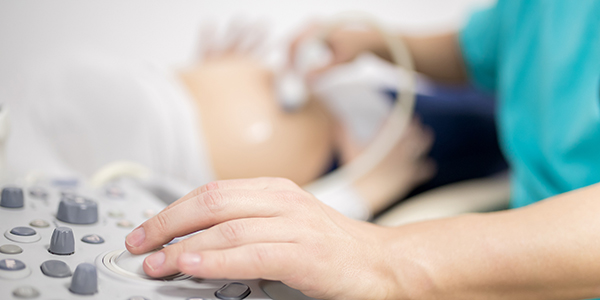
Amniocentesis is a procedure in which a small amount of amniotic fluid is obtained and then analyzed. The best time to do an amniocentesis is between 16 and 17 weeks. Chromosome studies are done on cells contained in the fluid for conditions such as Down syndrome. Amniotic fluid also assists in screening for neural tube defects, such as spina bifida and genetic disorders such as sickle cell anemia.









